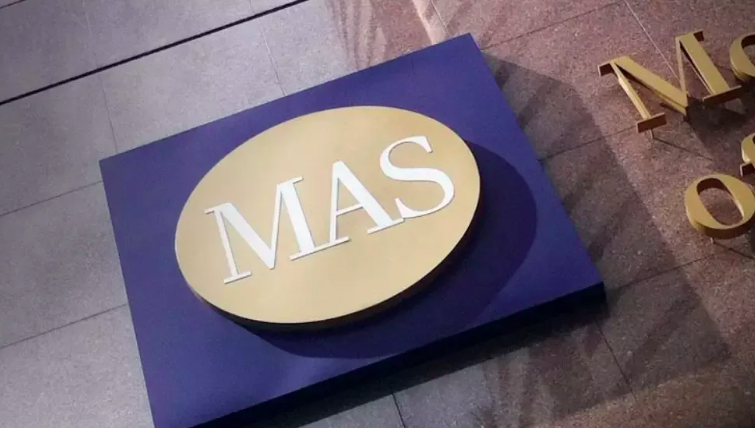
The European Central Bank has restated its commitment to push for an all-around regulation on crypto assets to boost confidence in the financial system and protect consumers from nefarious players.
In its latest communication, the Bank stated that it was committed to working closely with national supervisors to ensure a consistent approach to drafting crypto regulations.
“There is currently no harmonised regulatory framework governing crypto-asset activities and services in the EU.” Read a Wednesday newsletter by the ECB. According to the bank, working closely with various actors would help it “lay down the broader regulatory framework under which crypto activities are allowed, and how banks should manage the risks they pose.”
The latest correspondence comes after European Union (EU) lawmakers struck a deal in July to adopt a provisional rulebook aimed at regulating crypto assets and service providers in the bloc’s 27 member states before the Markets in Crypto Assets Act “MiCA” is hammered out. Accordingly, ECB president Christine Lagarde has been “privately pushing officials to start work on non-fungible tokens which currently fall out of MiCas scope, citing a Monday report by FT.
Internationally, the ECB is closely watching the Basel Committee on Banking Supervision which has been monitoring bank exposures to crypto assets. On June 30, the committee published its second consultation paper titled “Prudential treatment of crypto-asset exposures”, inviting proposals by the end of September as it seeks to finalise a harmonized crypto-assets rule-book around year-end.
The ECB has also been borrowing notes from Germany, which is a step ahead in regulating certain crypto activities. In Germany, certain crypto activities are subject to a banking licence requirement, and to date, several banks have requested to be authorised to conduct these licensed activities. “It is in this context that the ECB is taking steps to harmonise the assessment of licensing requests,” ECB added.
The ECB currently uses the 2013 Capital Requirements Directive (CRD) criteria when processing requests covering crypto assets. Although the CRD is considerably detailed in assessing requests, the crypto sector has presented risks such as cryptographic theft and third-party outsourcing overwhelming the current regime. Further, the ECB relies on input from other agencies to deal with financial crimes such as money laundering and terrorism funding using crypto assets.
To end this, the bank has been working within the Single Supervisory Mechanism (SSM) on banks’ digital transformation with the hope that it can achieve a horizontal system of governance on crypto assets.


Copyright © 2021-2025 AssessCrypto All rights reserved.